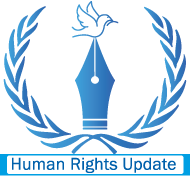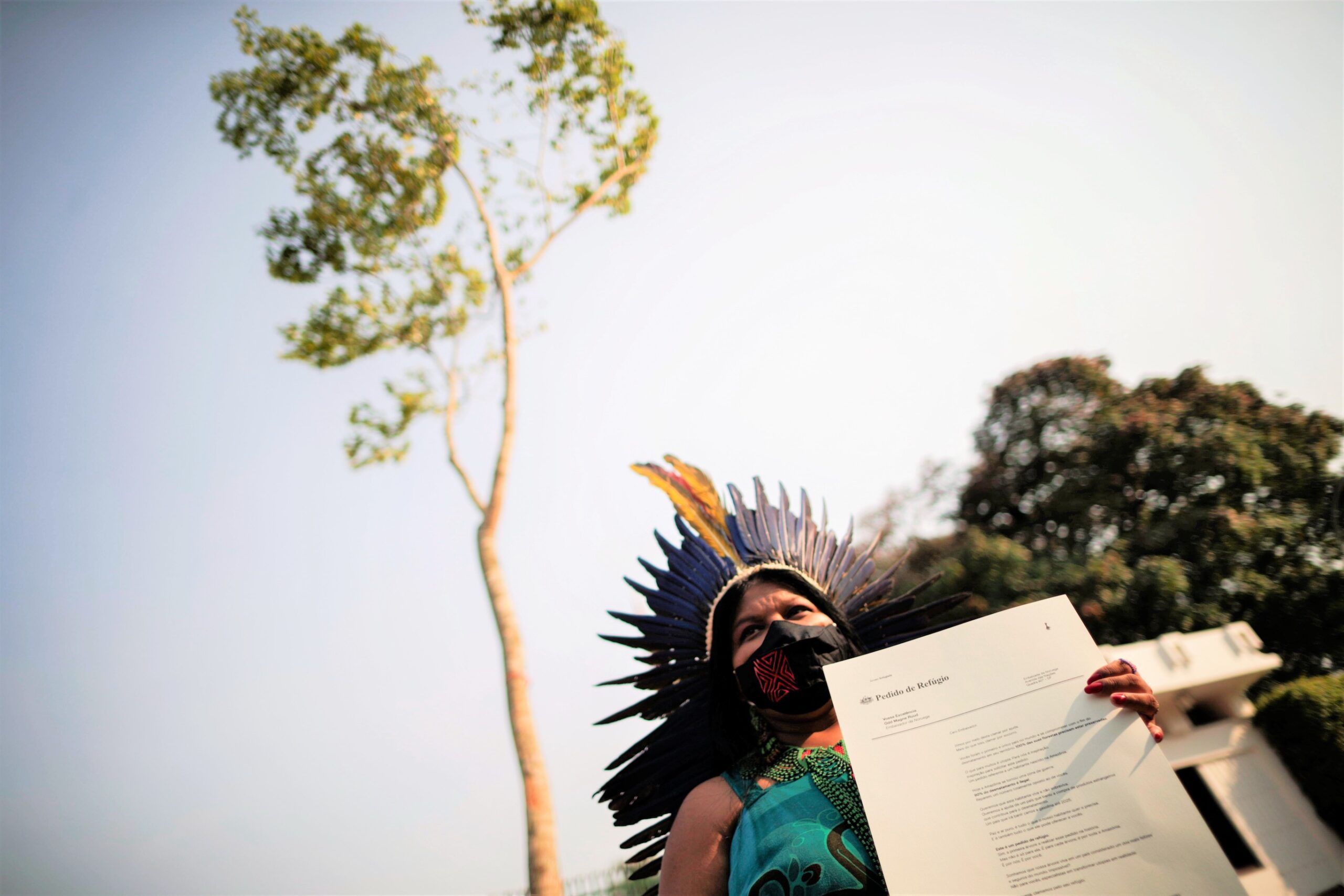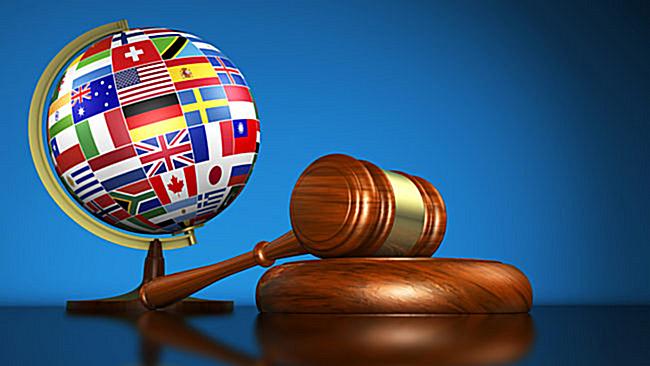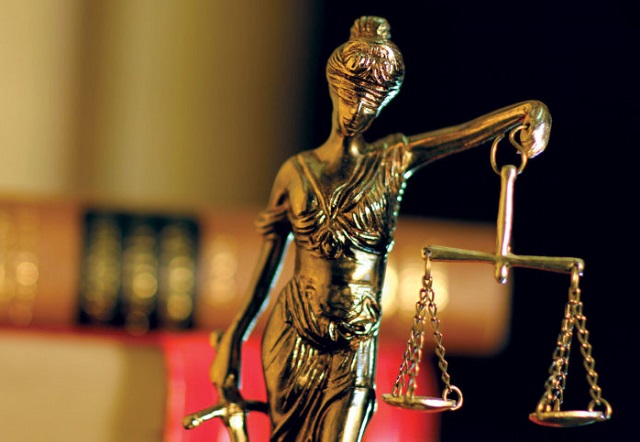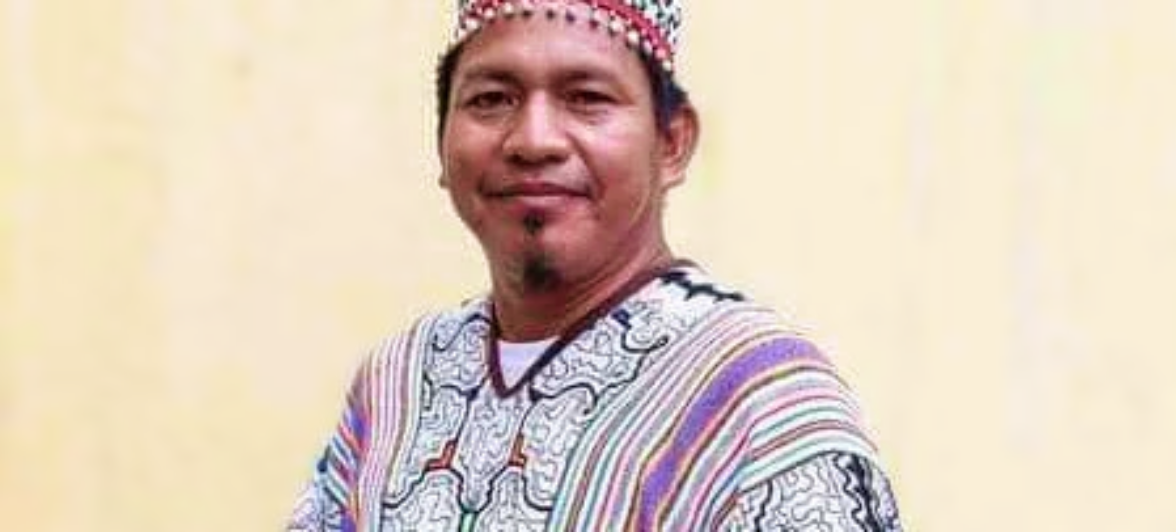Sri Lanka continues to grapple with pressing human rights challenges, prompting calls for legal reforms to address the persistent violations and ensure the protection of fundamental rights for all individuals. Recent legal updates shed light on the ongoing efforts to address these concerns and promote accountability in the country.
Transitional Justice and Accountability:
Efforts to establish a comprehensive transitional justice framework have gained momentum. The legal update highlights the progress made in establishing mechanisms such as the Office on Missing Persons (OMP) and the proposed Office for Reparations. These initiatives aim to address issues related to missing persons, enforced disappearances, and provide reparations to victims and their families.
Criminal Justice System Reforms:
Reforms within the criminal justice system are underway to strengthen accountability and fairness. Amendments to laws related to evidence, witness protection, and pre-trial detention seek to enhance due process, protect the rights of accused persons, and ensure a more impartial and efficient judicial process.
Freedom of Expression and Digital Rights:
The legal update highlights recent developments regarding freedom of expression and digital rights. Proposed legal reforms aim to strike a balance between safeguarding freedom of speech and protecting individuals from hate speech, disinformation, and cybercrimes. Ensuring that these reforms respect international standards and protect privacy rights remains a key area of focus.
Gender Equality and Women’s Rights:
Legal advancements in promoting gender equality and protecting women’s rights are also featured in the update. Amendments to existing laws seek to strengthen protections against gender-based violence, harassment, and discrimination. Enhancing legal frameworks and providing support services for survivors are essential steps toward achieving gender equality in Sri Lanka.
Rights of Minorities:
The legal update underscores the need for legal reforms to protect the rights of ethnic and religious minorities. Efforts to address discriminatory practices, promote interfaith harmony, and ensure equal treatment under the law are crucial for fostering a society that respects the rights and dignity of all individuals.
International Human Rights Obligations:
Sri Lanka’s commitment to international human rights obligations is emphasized in the legal update. Compliance with international treaties and conventions, as well as engaging with international mechanisms and organizations, are essential for upholding human rights standards and strengthening Sri Lanka’s standing in the global human rights community.
Conclusion:
The legal updates in Sri Lanka demonstrate the ongoing efforts to address human rights concerns and promote accountability within the country. With legal reforms addressing transitional justice, criminal justice system improvements, freedom of expression, gender equality, minority rights, and international obligations, Sri Lanka aims to build a society that upholds fundamental rights for all its citizens. Continued commitment to legal reforms, effective implementation, and collaboration between government, civil society, and international partners will be crucial in ensuring lasting change and progress in the human rights situation in Sri Lanka.
